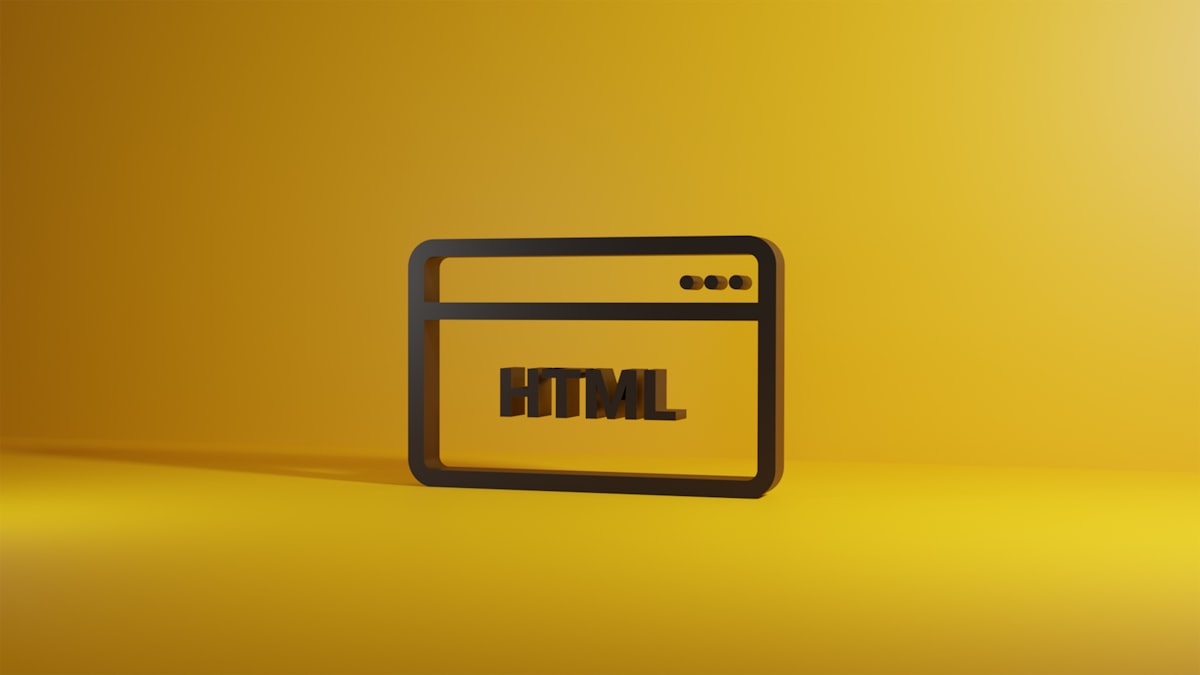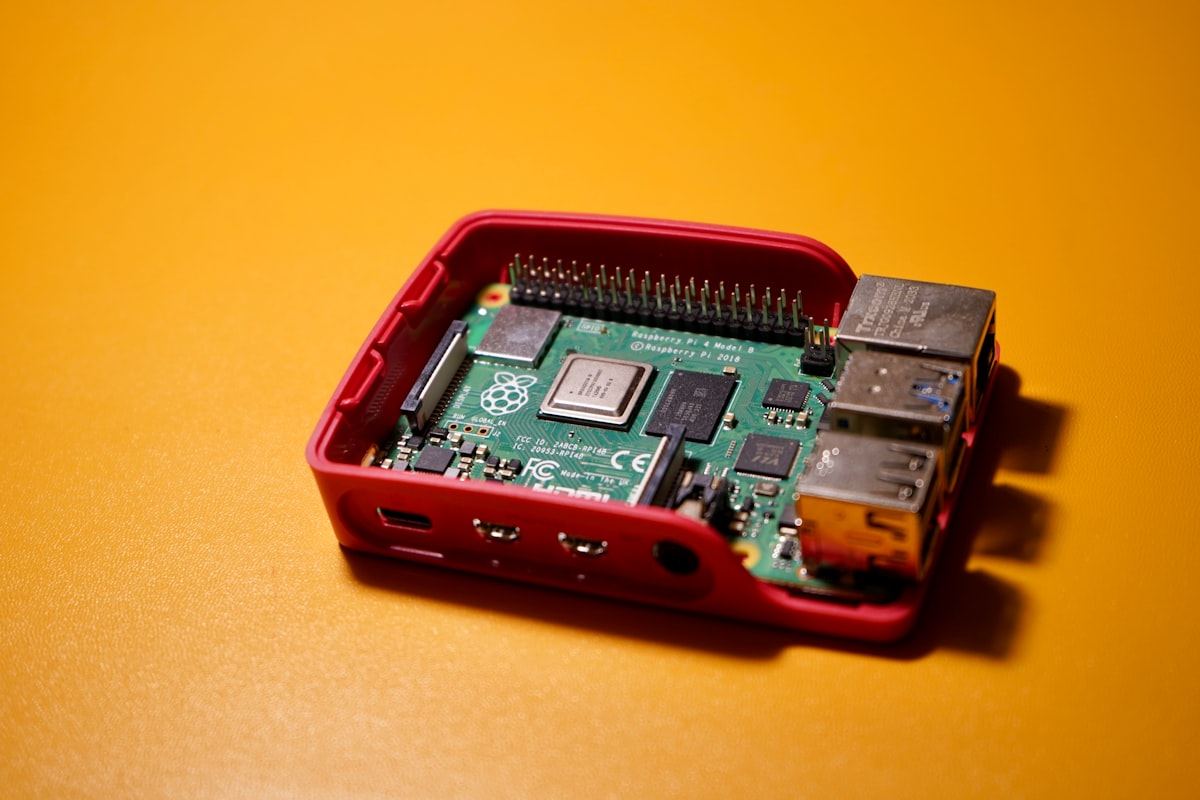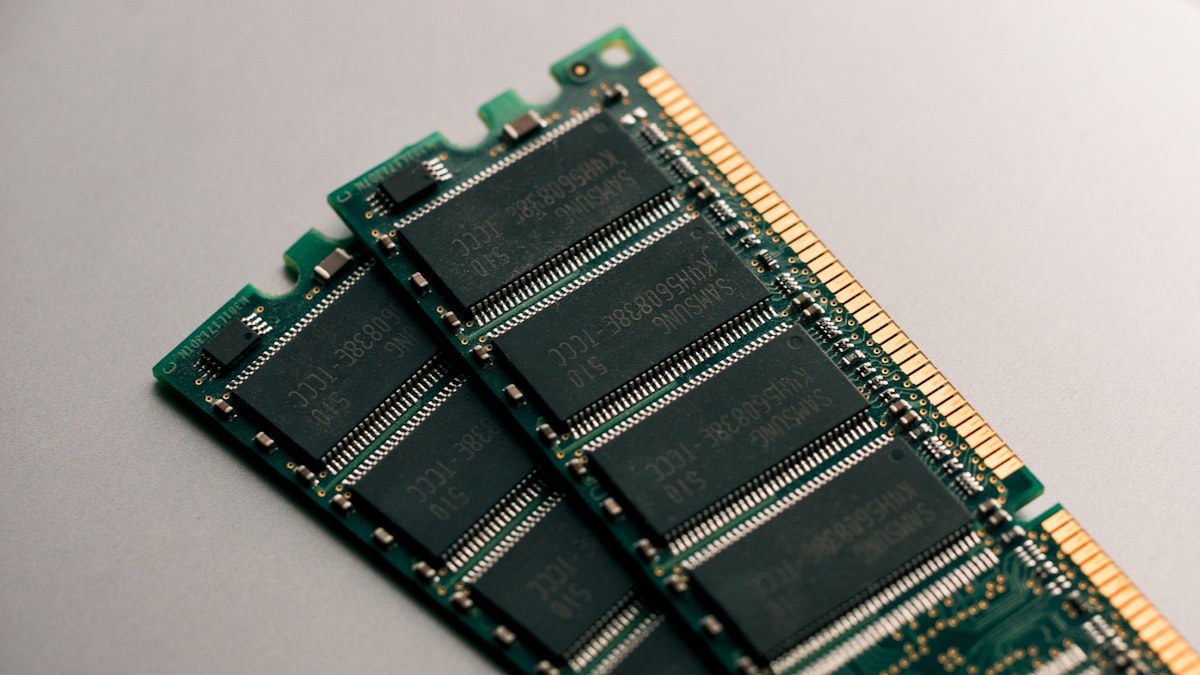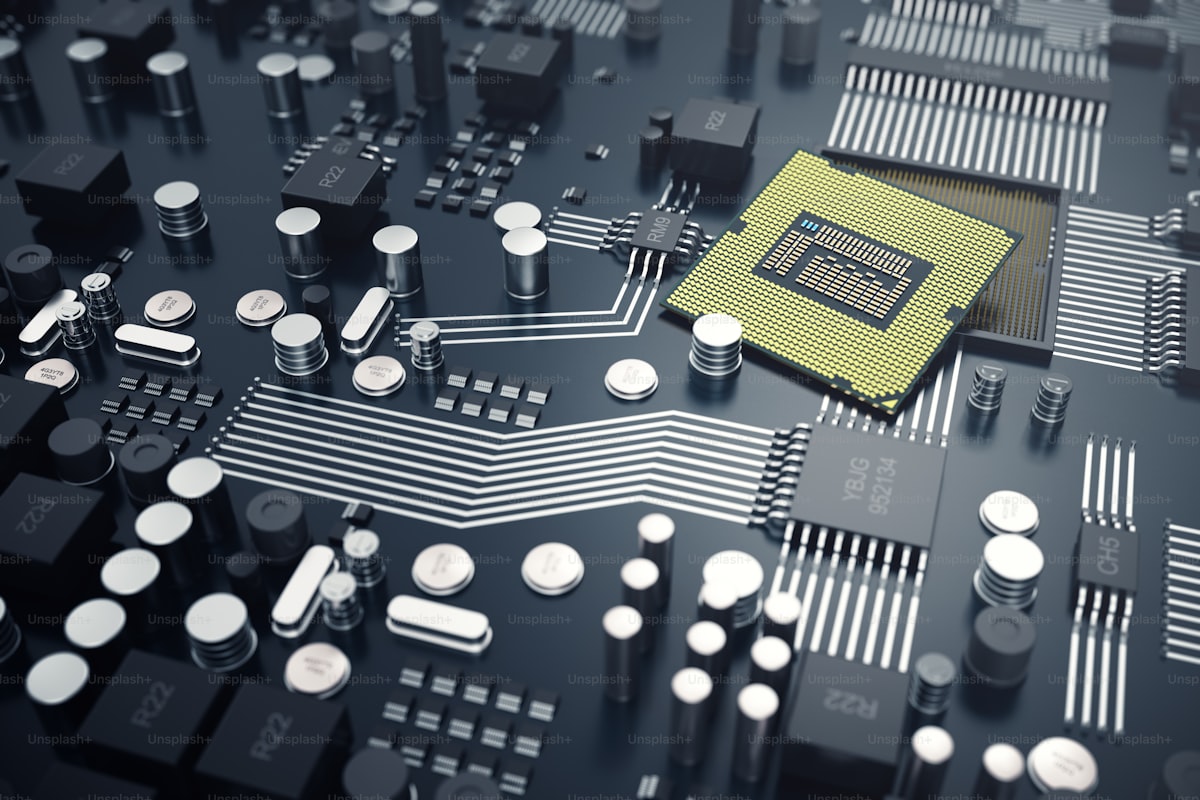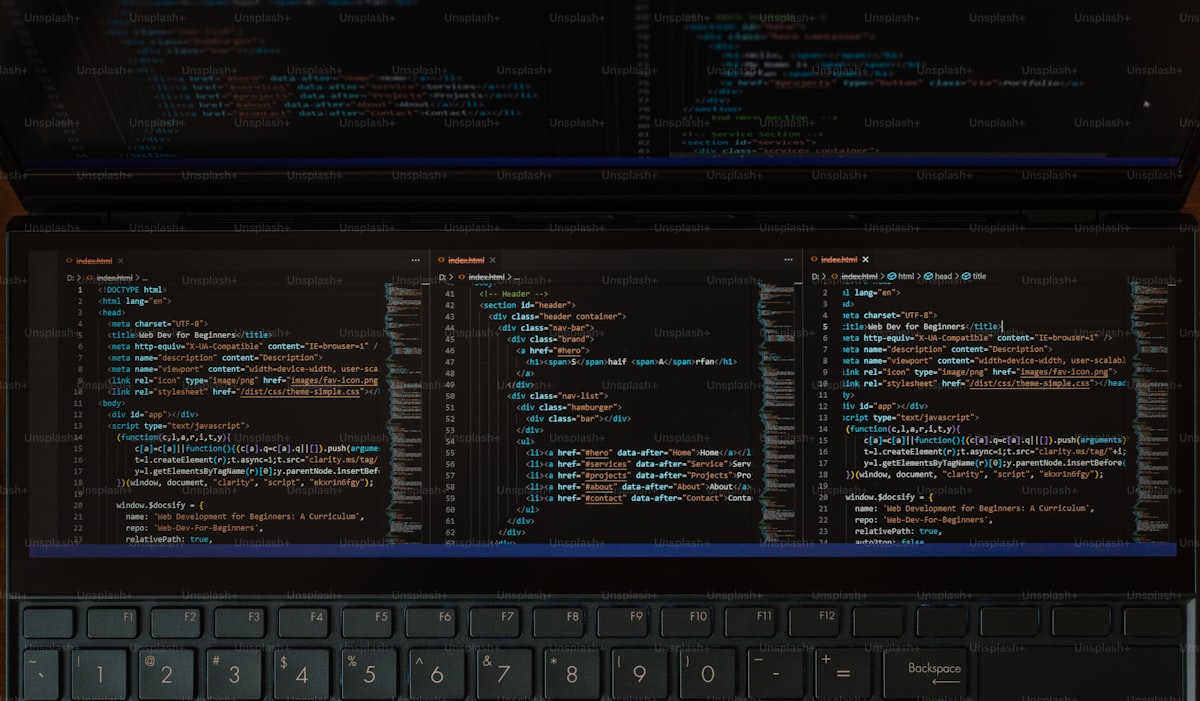In the realm of computer technology, BIOS (Basic Input/Output System) holds a foundational role, serving as the bridge between hardware and software during the boot process. This article aims to delve into the significance of BIOS, its functionality, and its impact on modern computing.
What is BIOS?
BIOS, an acronym for Basic Input/Output System, is a firmware interface that resides on a computer’s motherboard. It serves as the essential software component responsible for initializing hardware components, performing system diagnostics, and facilitating the boot process. BIOS operates at a low level, interacting directly with hardware components such as the CPU, memory, storage devices, and input/output devices.
Key Functions of BIOS:
- Power-On Self Test (POST): Upon powering on the computer, BIOS initiates a series of diagnostic tests known as the Power-On Self Test (POST). POST checks the integrity of essential hardware components such as the CPU, memory modules, and storage devices to ensure they are functioning correctly. Any detected errors or failures are reported via audible beep codes or error messages displayed on the screen.
- Initialization of Hardware Components: BIOS initializes and configures various hardware components during the boot process. This includes identifying and configuring the CPU, setting up system memory (RAM), detecting and initializing storage devices (hard drives, SSDs), and initializing input/output devices (keyboard, mouse, display).
- Boot Device Selection: BIOS determines the boot device from which the operating system will be loaded. It searches for bootable devices such as hard drives, SSDs, optical drives (CD/DVD), USB drives, and network devices. The boot order can be configured in the BIOS settings, allowing users to prioritize different boot devices.
- BIOS Setup Utility: BIOS provides a setup utility accessed via a key combination (often Del, F2, or F10) during the boot process. The BIOS setup utility allows users to view and modify system settings such as date and time, boot order, CPU settings, memory configuration, and device parameters. Changes made in the BIOS setup utility are stored in non-volatile memory (CMOS) and persist across reboots.
- Compatibility Support Module (CSM): In modern systems, BIOS may include a Compatibility Support Module (CSM) to provide legacy BIOS compatibility for older operating systems that do not support UEFI (Unified Extensible Firmware Interface). CSM allows legacy BIOS-based operating systems to boot on UEFI-based systems.
Impact of BIOS on Modern Computing:
Despite the emergence of newer firmware standards such as UEFI (Unified Extensible Firmware Interface), BIOS continues to play a crucial role in the boot process of many computers. Its legacy compatibility and familiarity make it a preferred choice for certain applications and environments.
In conclusion, BIOS remains a fundamental component of computer systems, providing essential initialization and configuration services during the boot process. Its role in hardware initialization, system diagnostics, and boot device selection underscores its significance in the realm of modern computing. While newer firmware standards may offer advanced features and capabilities, BIOS continues to serve as the backbone of computer initialization for many systems worldwide.
Source : CheapCpanel
Cheap Cpanel License



